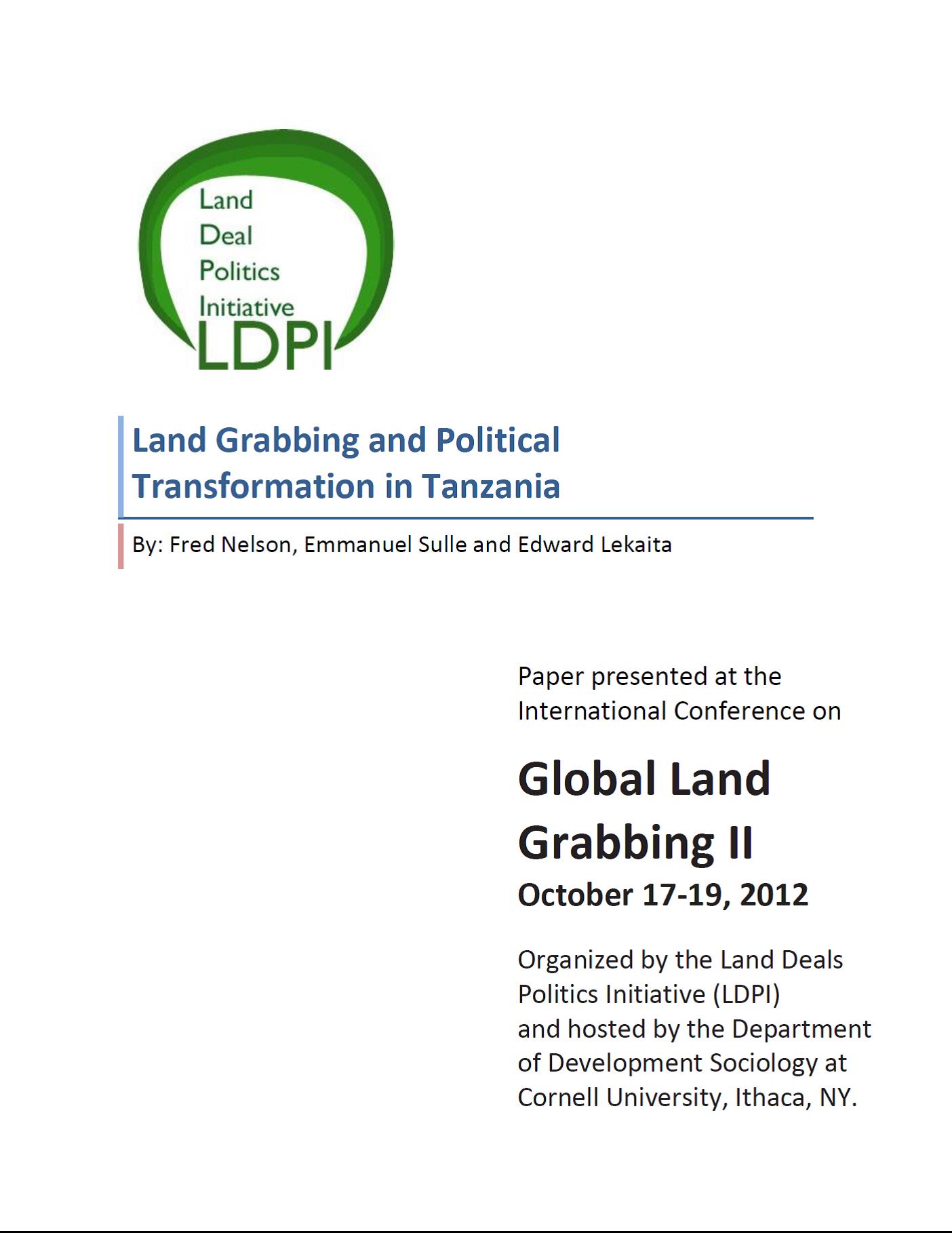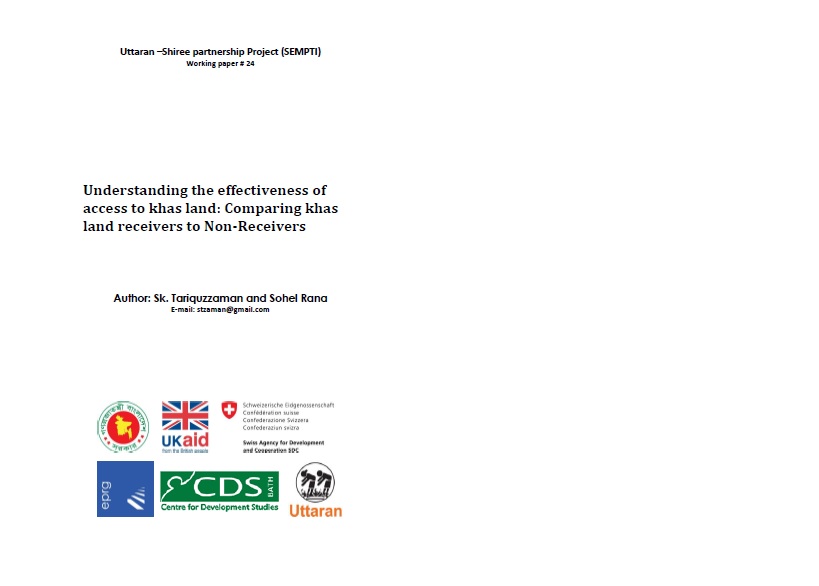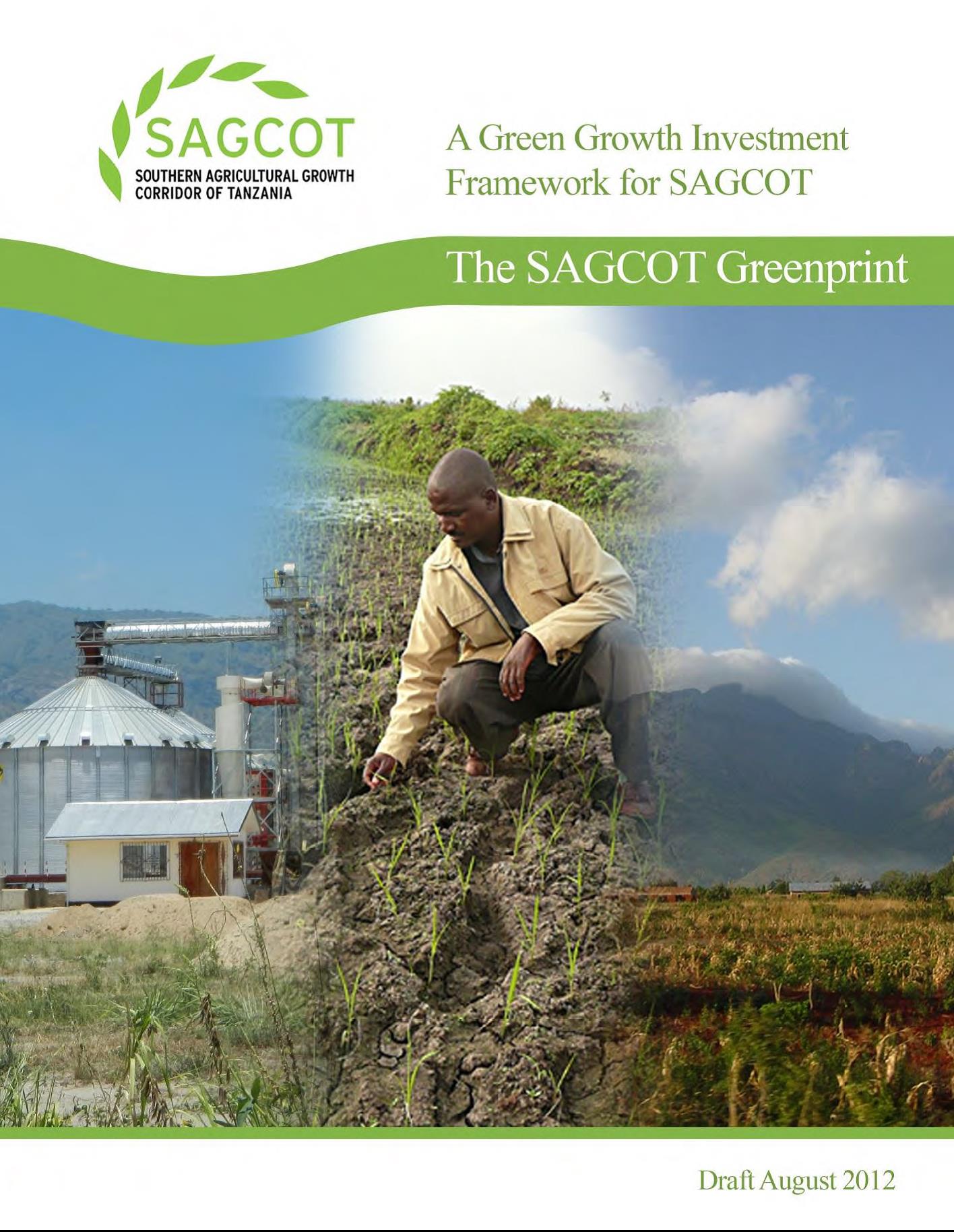Land Grabbing and Political Transformation in Tanzania
Like many of its neighbors, Tanzania is experiencing a well-documented surge of land grabbing related to investments in industries such as agriculture, biofuels, tourism, hunting, and forestry. Land grabbing in Tanzania is best understood and analyzed as both a symptom of and contributor towards wider political economic processes of change occurring in Tanzania.






